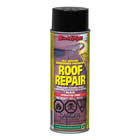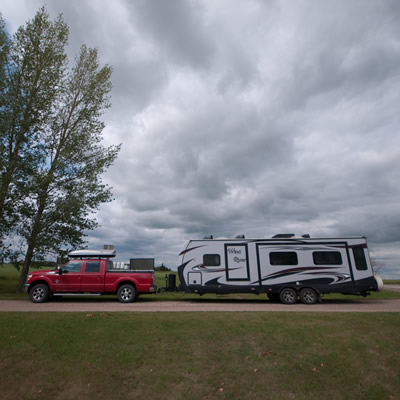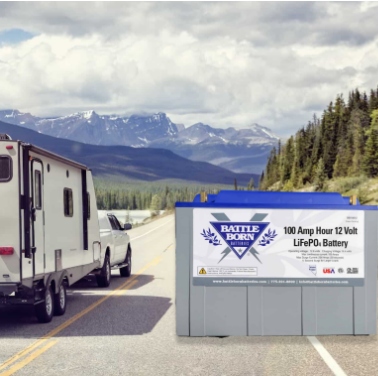Can an RV generator get wet? Yes, and it will ruin it
Carefully cover your generator to keep it dry
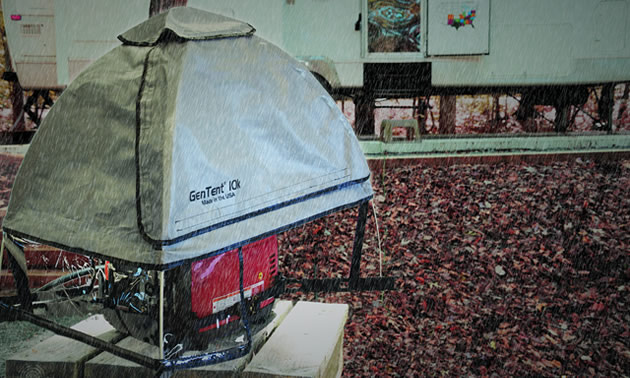
Can a generator get rained on? You probably remember that electricity and water don’t mix. You don’t use your hair dryer while in the bathtub, and you shouldn’t use your generator in the rain.
“The generator is a potential source of electrical shock if misused. Do not expose the generator to moisture, rain or snow. Do not let the generator get wet, and do not operate it with wet hands.” (From the owner’s manual for the Honda EU2000i generator)
There are two rules for generator use:
- Don’t use it in an enclosed space;
- Don’t use it in wet weather.
GenTent keeps your generator dry, the electrical panel dry and your extension-cord plugs dry. It protects you from electric shock and keeps your generator safe from damage caused by exposure to moisture.
Last summer I set up the GenTent on my inverter generator, and it worked perfectly. It took 22 minutes and 49 seconds for our tester to set it up, including reading the instruction manual front to back and drinking a cup of black coffee. Wind strong enough to rearrange deck chairs didn’t budge the GenTent. Ten minutes of full-force garden hose didn’t penetrate the waterproof shell either.
“The GenTent is the culmination of five different designs,” said Mark Carpenter, a former software engineer and inventor/owner of GenTent. “It is easily installed and easily portable. There are 2,000 generators in our database so you know it’s going to fit.
“Think of GenTent as an insurance policy for your generator.”
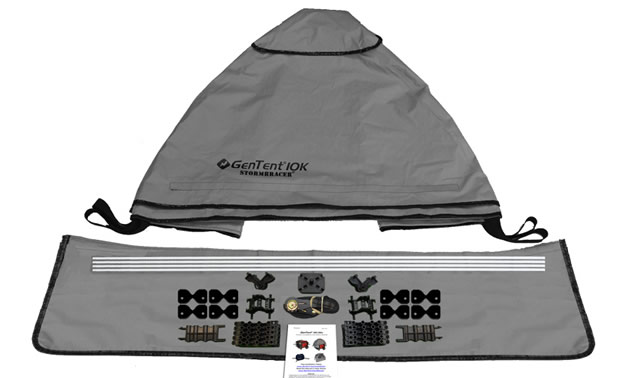
How do I protect my generator from rain?
In preparation for the GenTent test, I undertook two steps.
First, I mocked the need for a generator tent out loud with a comment: “Who needs a tent for the generator. I have been running mine in the weather for 10 years.”
Then I re-read my owner’s manual and was surprised to read this:
“The generator is a potential source of electrical shock if misused. Do not expose the generator to moisture, rain or snow. Do not let the generator get wet, and do not operate it with wet hands.” (From the owner’s manual for the Honda EU2000i generator)
I re-read the line “Do not expose the generator to moisture, rain, or snow.”
Oops! But wait a minute! I recall seeing generators uncovered throughout campgrounds last year. I can’t recall one generator being protected against the weather, even in pouring rain. All of us ignored the warnings.
I did some more research online and found out there are serious issues with running your generator in moisture. Besides electric shock, you can cook your generator when moisture gets into the electrical panel.
I again read the owner’s manual. I installed a GenTent on my Honda Inverter Generator and now will use it every time I set it up.
Check out GenTents at http://www.gentent.com and protect yourself and your investment.
See http://www.takeyourgeneratoroutside.com for a reminder about safe generator operation to avoid carbon monoxide exposure.





